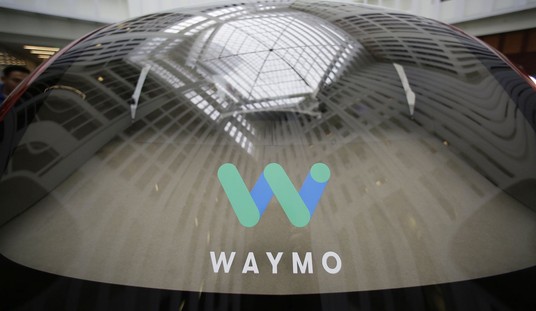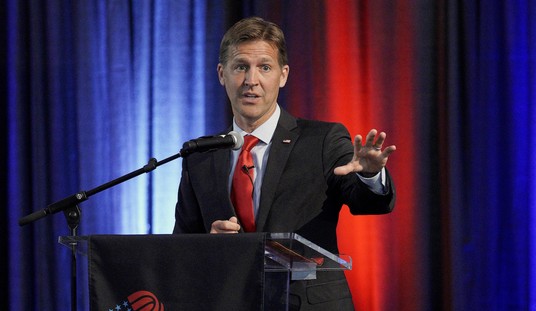Yesterday’s post kicked off a 400-comment thread so a follow-up with new data is obligatory. Remember how NBC/WSJ found 70 percent support for upholding Roe v. Wade, the highest number since they started polling that question? Gallup found something … different:

Not a wonderful result if you’re a pro-lifer — support for overturning Roe has only briefly come within even 20 points of support for keeping it — but still more encouraging than the NBC/WSJ numbers, which detected a basically steady upward trend in support for Roe since 1989. I’m not sure how to explain the discrepancy. I think Life News was on to something yesterday in flagging the precise wording of the question. The NBC poll defined Roe as creating a right to abortion in the first three months of pregnancy. Turns out a lot of people support that: Even in today’s more equivocal Gallup poll, 61 percent say abortion should be legal in the first trimester. Once you move to the second trimester, that number deflates to 27 percent; in the third trimester, it’s just 14 percent. Could be that because Gallup didn’t specify “three months” in its phrasing of the Roe question, more respondents focused on the entire term of pregnancy and that dropped the numbers. Or there could be some quirk in the methodology, specifically having to do with the number who answer “don’t know” about Roe. In the NBC poll, just six percent answered “not sure” when asked if the decision should be overturned; in Gallup, by contrast, “no opinion” draws 18 percent, which is more than 10 points higher than that figure used to be circa 2002-03. How come? Gallup has a theory:
Gallup trends indicate that the increase in public uncertainty about overturning Roe v. Wade is largely the result of a growing percentage of young adults aged 18 to 29 expressing no opinion. This suggests that the generation born entirely after Roe became law has had less exposure to information about the decision than those who lived through the original decision, or were at least old enough to witness some of the major abortion debates during the 1980s and ’90s, such as those involving President Ronald Reagan’s nomination of Robert Bork to the Supreme Court in 1987 and reaction to the high court’s Planned Parenthood of Southeastern Pennsylvania v. Casey decision in 1992.
Good news and bad news there, obviously. Younger voters who express no opinion are potentially persuadable by pro-lifers, so in theory the anti-Roe numbers could expand in time. (Democratic overreach will help: Gallup notes that support for making abortion legal in all cases dropped after partial-birth abortion became a hot topic in the mid-90s.) Problem is, young adults are famously more liberal than other age groups on a variety of issues. That doesn’t mean they can’t make an exception for abortion — the issue is in many ways sui generis — but you’re swimming against the ideological tide in trying to convince them. In fact, if you follow the link to Gallup above, you’ll find that on the broader question of whether abortion should be legal (without mentioning Roe), the sharpest gain since Obama took office four years ago has been among the “legal under any circumstances” group. They used to be even with the “illegal under any circumstances” contingent. Now they lead by 10 points. There are, for the moment, more self-described “pro-choicers” than “pro-lifers” too, although I think that’s due mainly to the backlash against Akin and Mourdock. As recently as a year ago, pro-lifers led pro-choicers by nine points. It flipped during the election because of Akingate and the endless “war on women” messaging, I assume.
Long story short, looks like there’s plenty of room to marshal public support for greater restrictions on second- and third-term abortions but an absolute ban on the practice would be a very heavy lift.








Join the conversation as a VIP Member